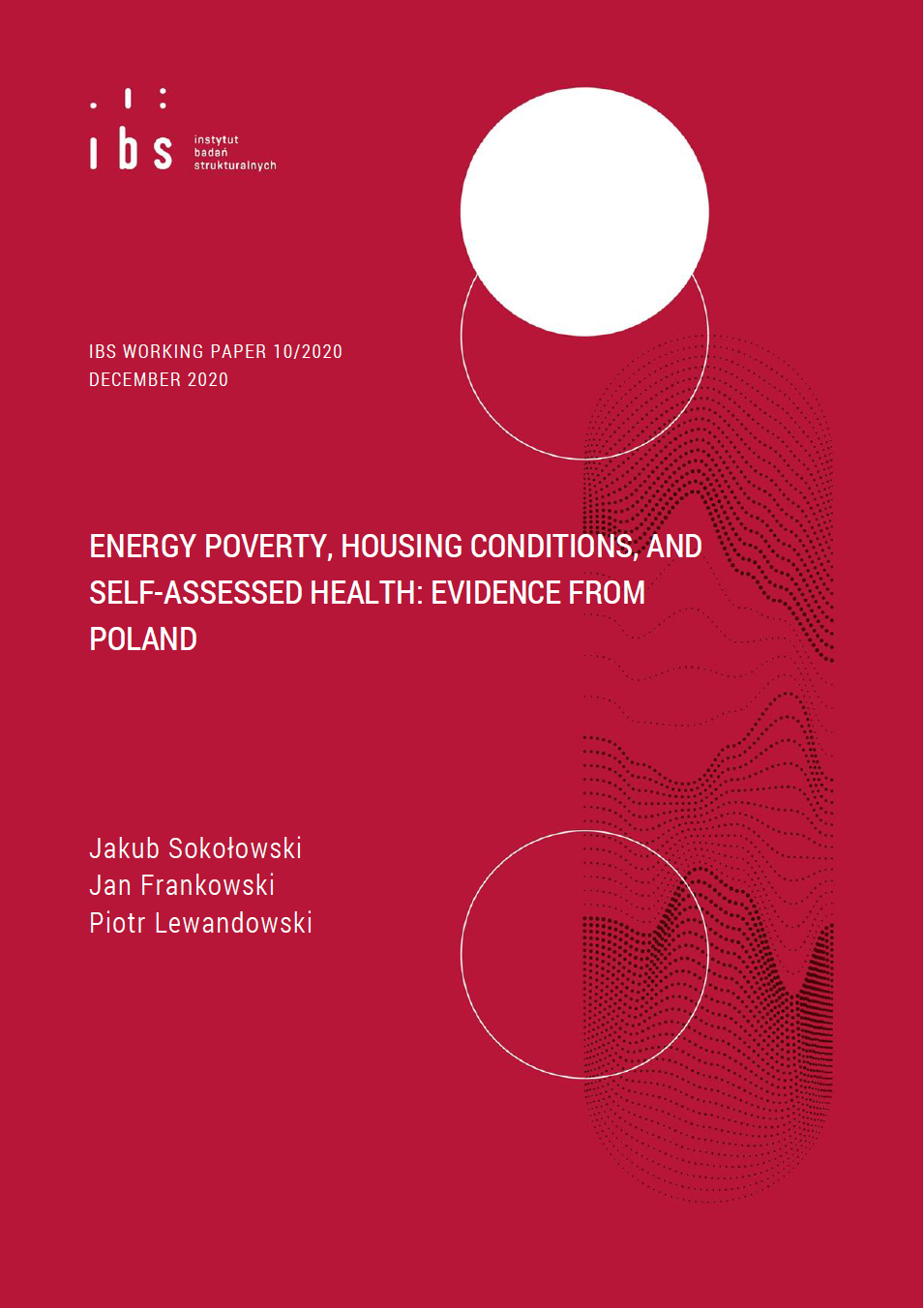Inefficient heating and insufficient access to energy services can turn a shelter into a health hazard. We study how energy poverty associated with having substandard housing and ineffective heating is related to the risk of developing poor health in an urban context. We conducted a survey of 1,735 individuals living in two middle-sized cities in a coal-dependent region of Poland. We use objective and subjective indicators to measure energy poverty, and self-assessed health status to identify individuals with respiratory, cardiovascular, and musculoskeletal diseases. We find that compared to people living in suitable housing conditions, people who live in substandard housing are more likely to exhibit poor musculoskeletal and cardiovascular outcomes, on average by 10.6 and 6 pp, respectively. Our results also indicate that the energy-poor who use a coal or a wood stove in an apartment have a higher likelihood of developing a respiratory disease (by 27.9 pp on average) than people in energy poverty connected to district heating. In addition, we find that 16% of the explained variance in the probability of developing a respiratory disease is attributable to energy poverty.

Institute for Structural Research (IBS), Institute of Philosophy and Sociology Polish Academy of Sciences

